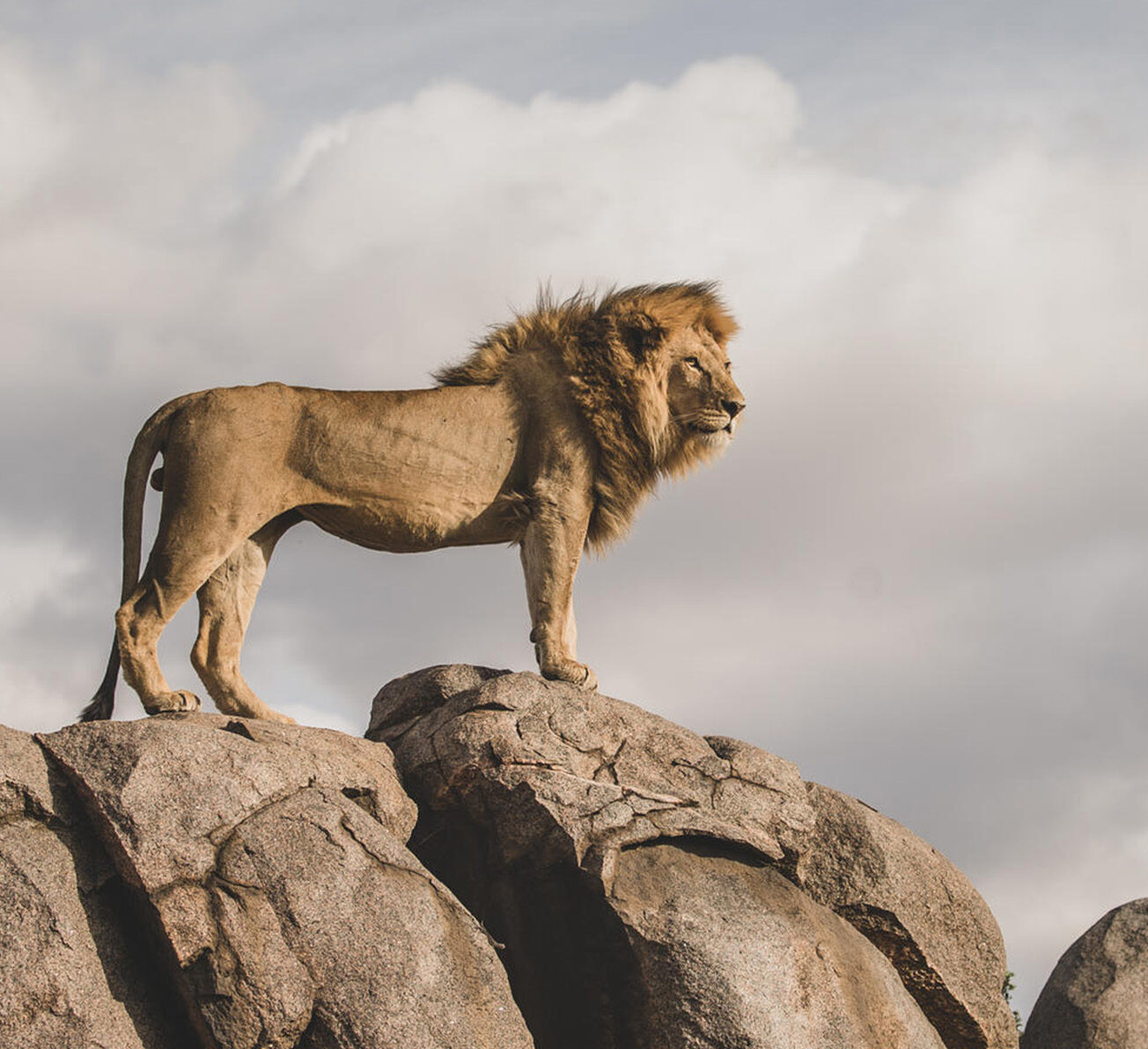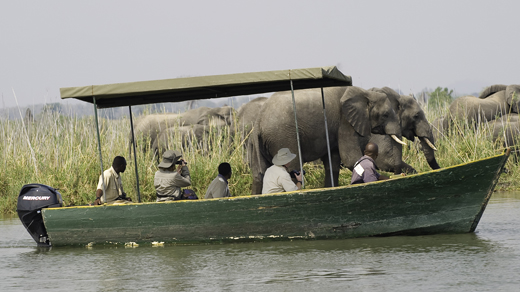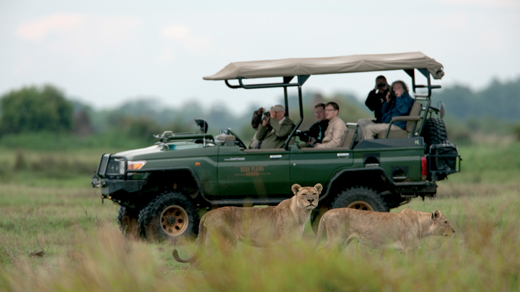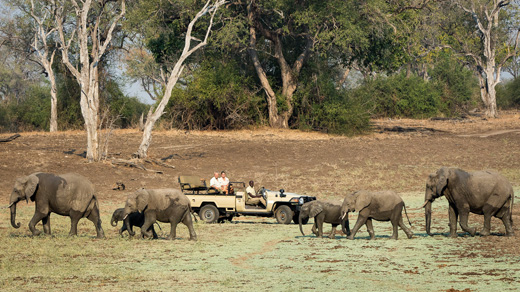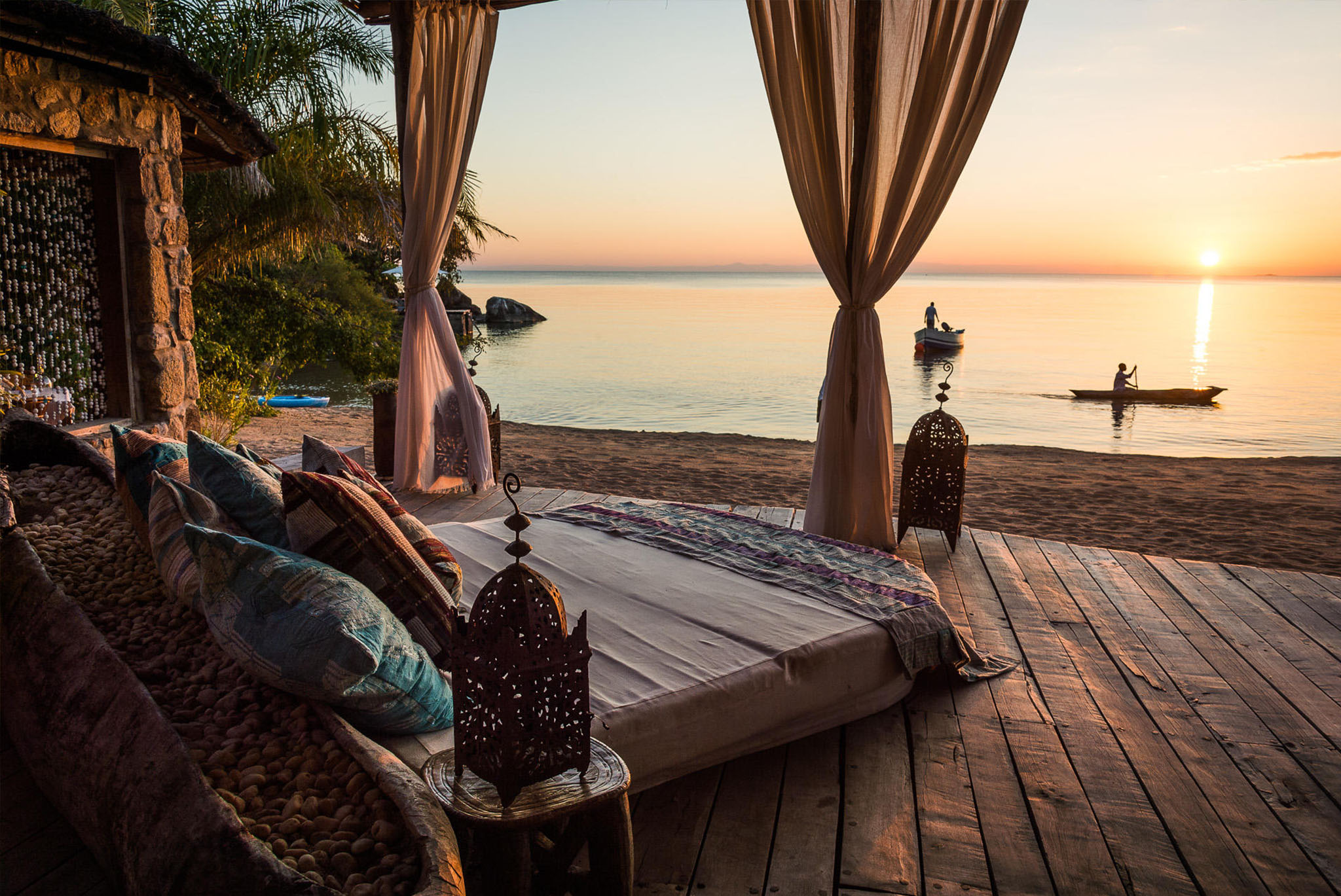
Malawi
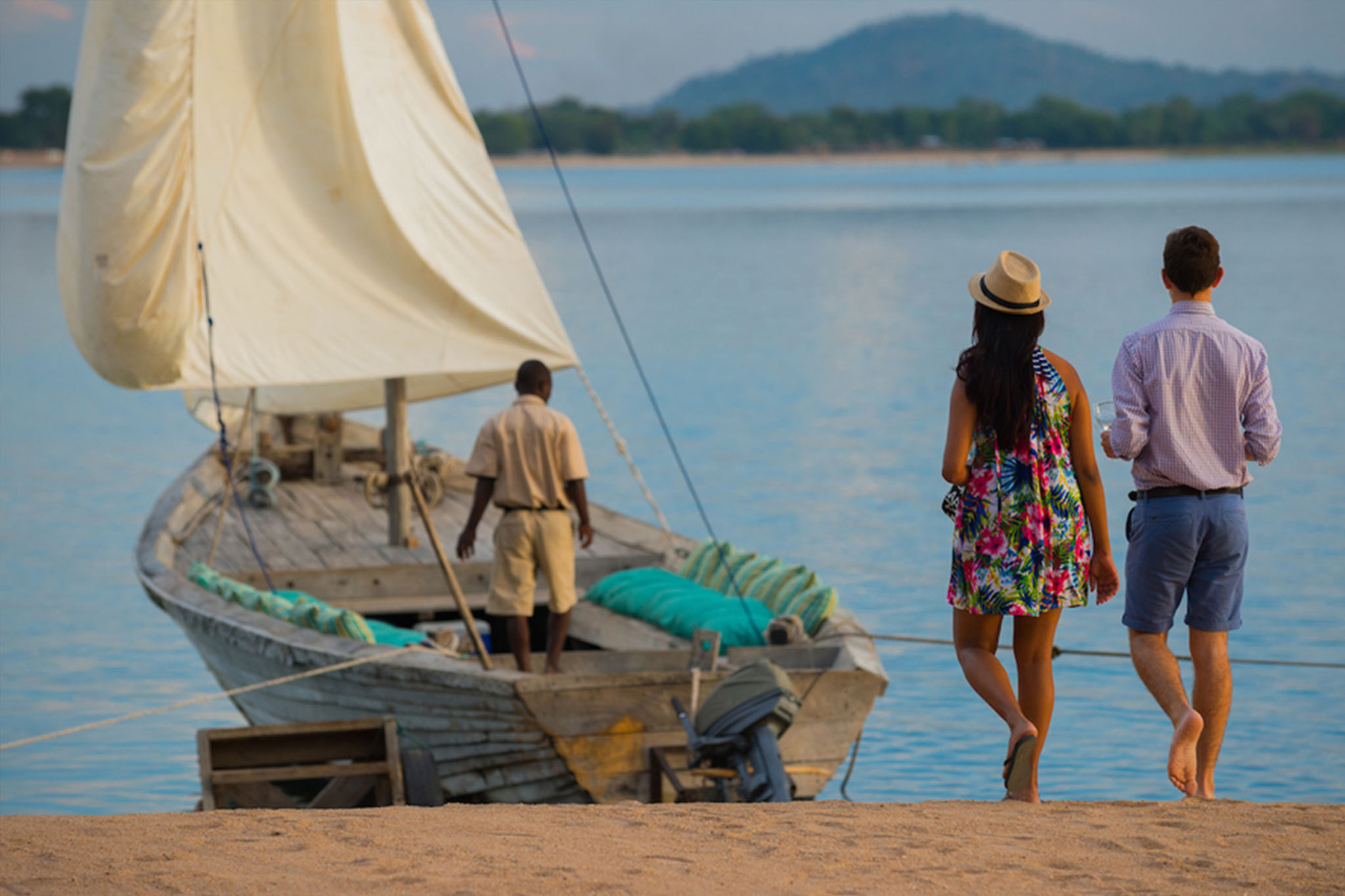
Malawi Safari Tours & Holidays
Malawi may be landlocked, but it holds its own kind of coastal charm. Often called the warm heart of Africa, this small southeast African country is known for its friendly people, varied landscapes and surprisingly diverse safari options. At its eastern edge lies Lake Malawi, a vast, shimmering stretch of freshwater that forms much of the country’s border with Tanzania and Mozambique. Sometimes known as the Calendar Lake for its length of around 365 miles, it feels more like an inland sea, with golden beaches and crystal-clear water.
But beyond the lake, Malawi’s wildlife reserves are quietly gaining attention. From the rolling hills of Nyika Plateau to the revitalised Majete Wildlife Reserve, Malawi is emerging as an unexpected safari destination. Whether drifting along the Shire River in Liwonde or tracking game on foot in the south, a safari here blends scenery, wildlife and culture in a way that feels uniquely personal and unhurried.
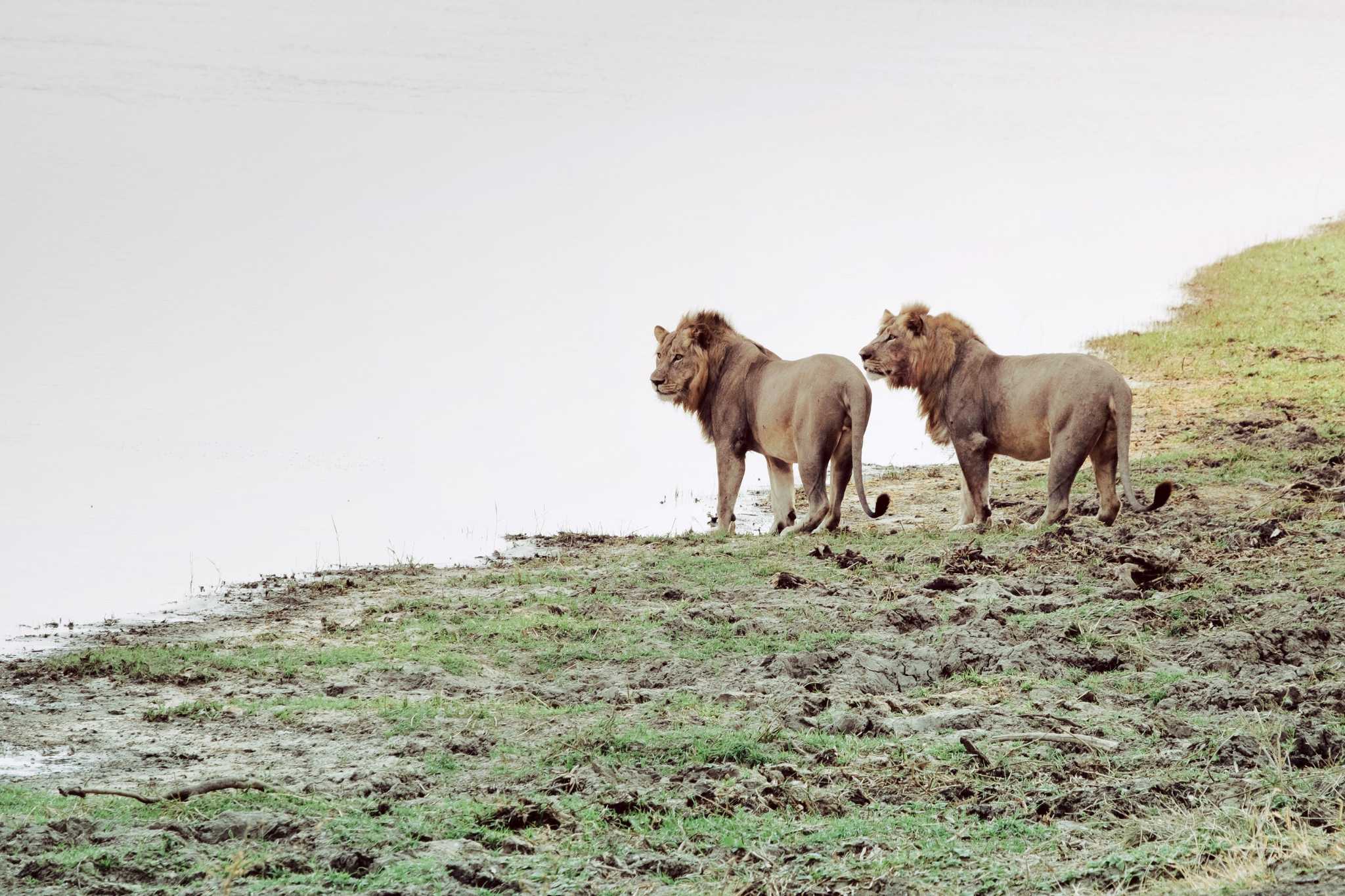
Why should I book a Malawi holiday?
Malawi is for travellers seeking something quieter, slower and more connected to place. Its parks may not echo with the drama of lion chases every day and that’s part of the appeal. Wildlife sightings feel more intimate here, with fewer crowds and more time and space to take it in.
Whether you’re tracking elephant along the riverbanks of Liwonde, spotting sable antelope in Nyika’s misty hills or gliding past hippo pods on the Shire River, safaris in Malawi reward those who are curious, patient and drawn to the road less travelled. There is a gentleness to the landscape and a rhythm shaped by lakeside villages, forested escarpments and soft golden light.
This is a country where you can combine quiet adventure with genuine human connection, where days begin with the sound of weavers in the trees and end around a fire with stories and stars.
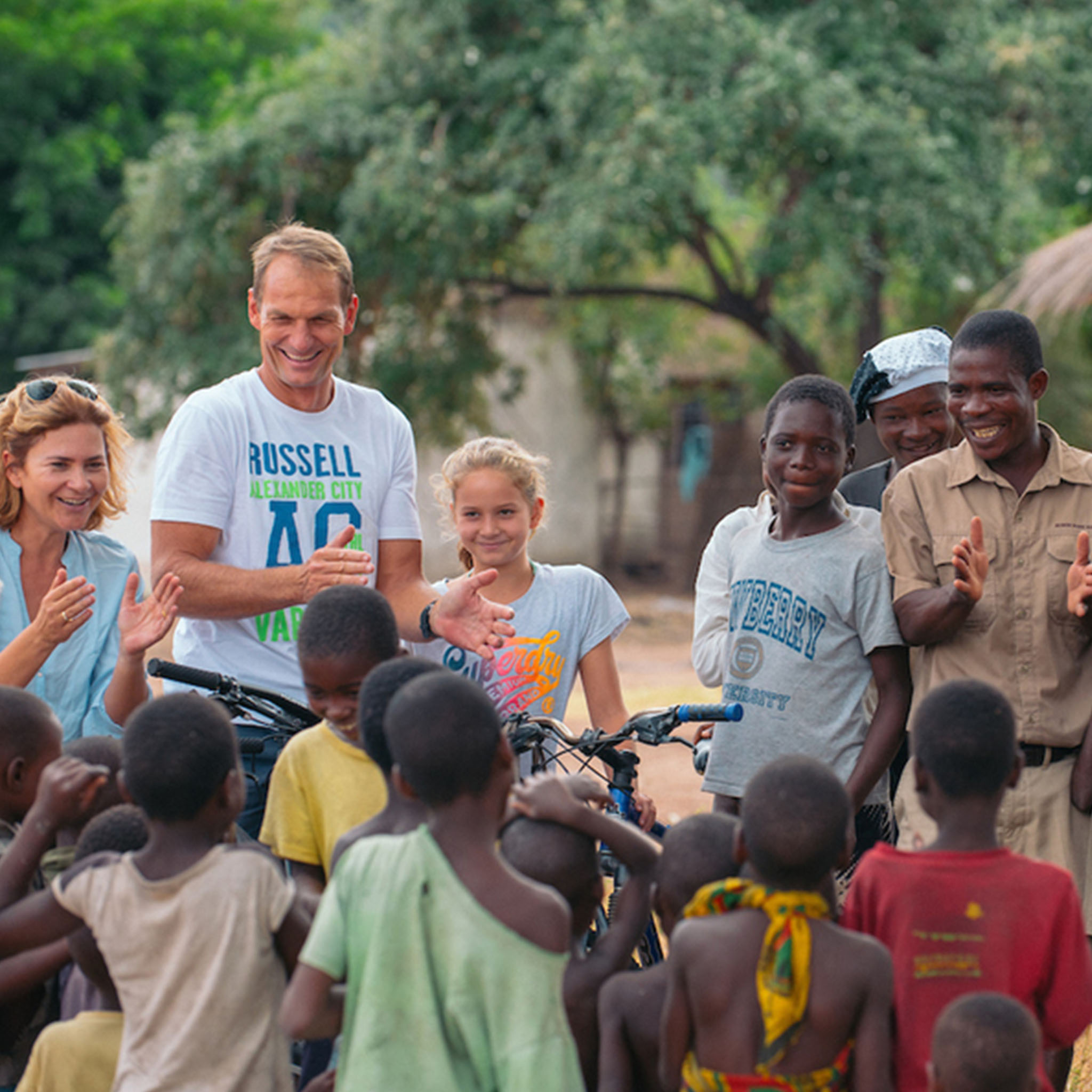
- Full Country Name Republic of Malawi
- Area 118,000 sq km
- Population 15.4 million (2011)
- Capital Lilongwe
- Borders Mozambique, Zambia and Tanzania
- Religion Christian is the main religion of Malawi followed by other indigenous religions
- Time Zone Standard time is two hours in advance of Greenwich Mean Time
- Languages Official language is English but the National language is Chewa
- Country Dialling Code +265
Malawi highlights
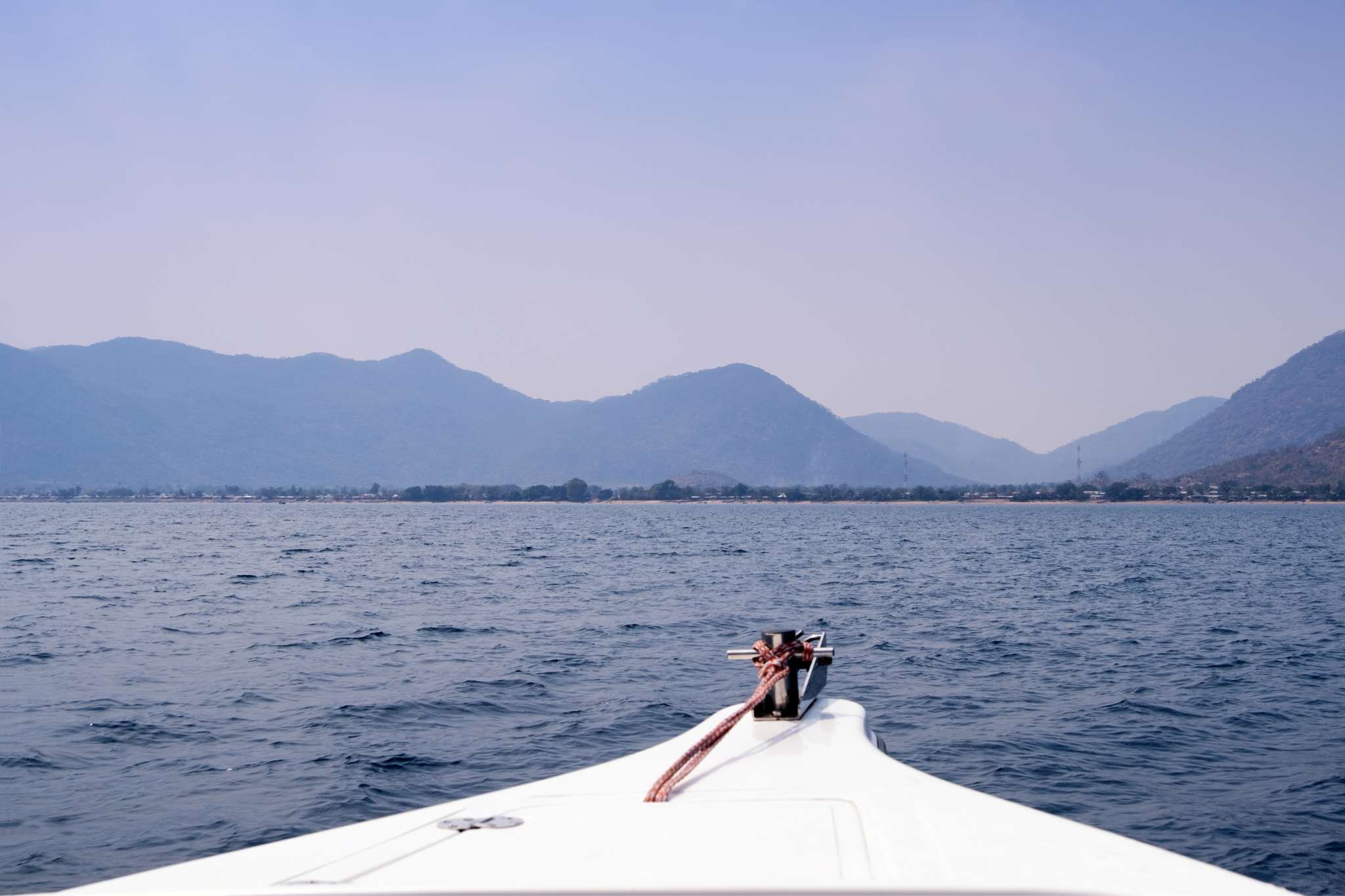
Lake Malawi
Lake Malawi is one of Africa’s largest freshwater lakes and a haven for unique wildlife, including hundreds of colourful cichlid fish found nowhere else. Visitors can enjoy warm, clear waters ideal for swimming and snorkeling. The shoreline is dotted with fishing villages where traditional life continues much as it has for generations. Small lodges offer a peaceful base to explore the lake’s natural beauty and connect with local culture. It’s a place to slow down, explore underwater life, and experience a side of Africa that feels both timeless and authentic.
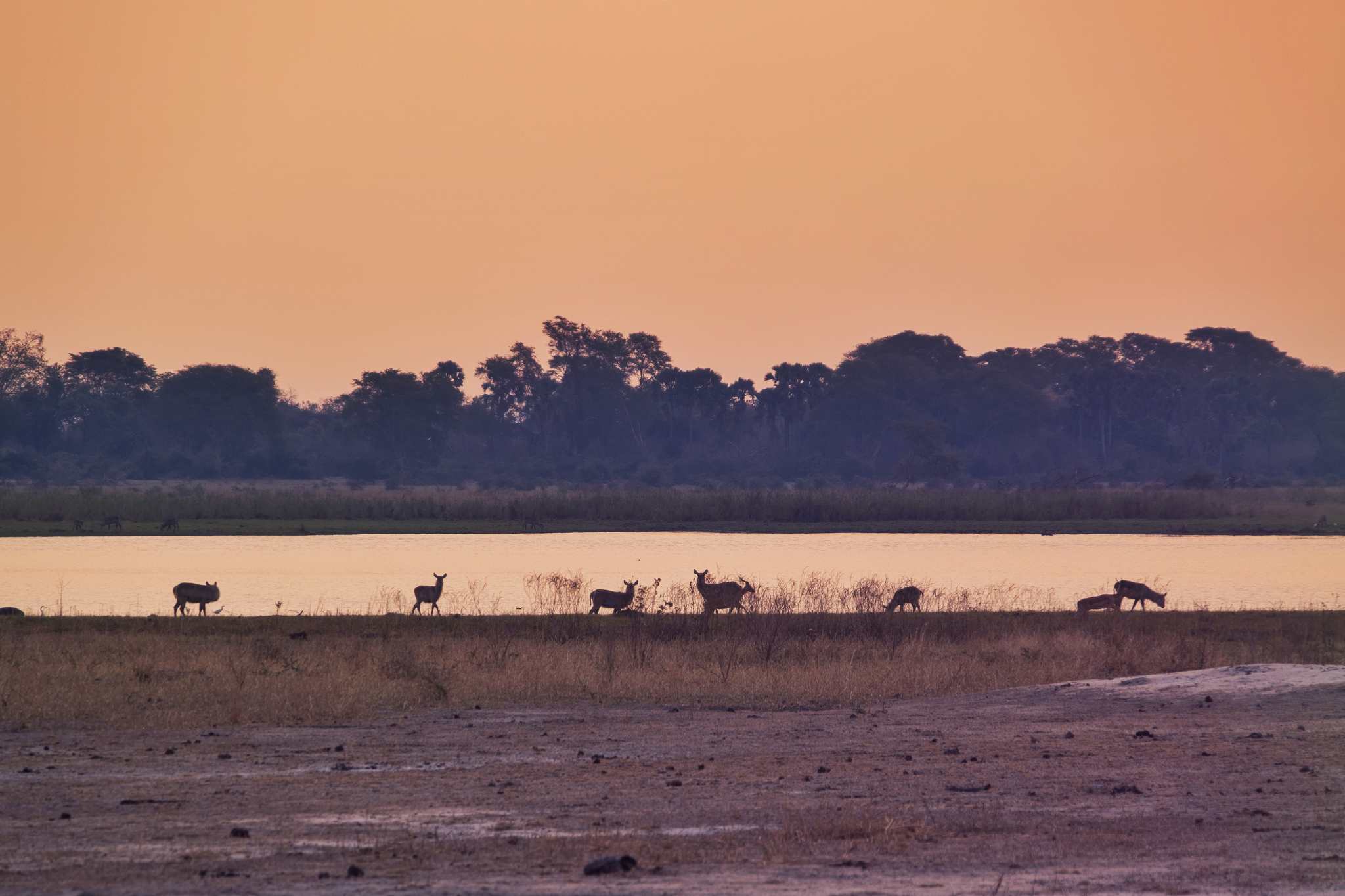
Liwonde National Park
Liwonde’s story is one of revival. Once depleted by poaching, the park has been steadily restored through careful conservation. Lions and cheetahs now roam again, black rhinos have been reintroduced, and the Shire River draws elephants and hippos to its banks. It’s a place where the balance is being restored, and where travellers witness what’s possible when nature is given a second chance.
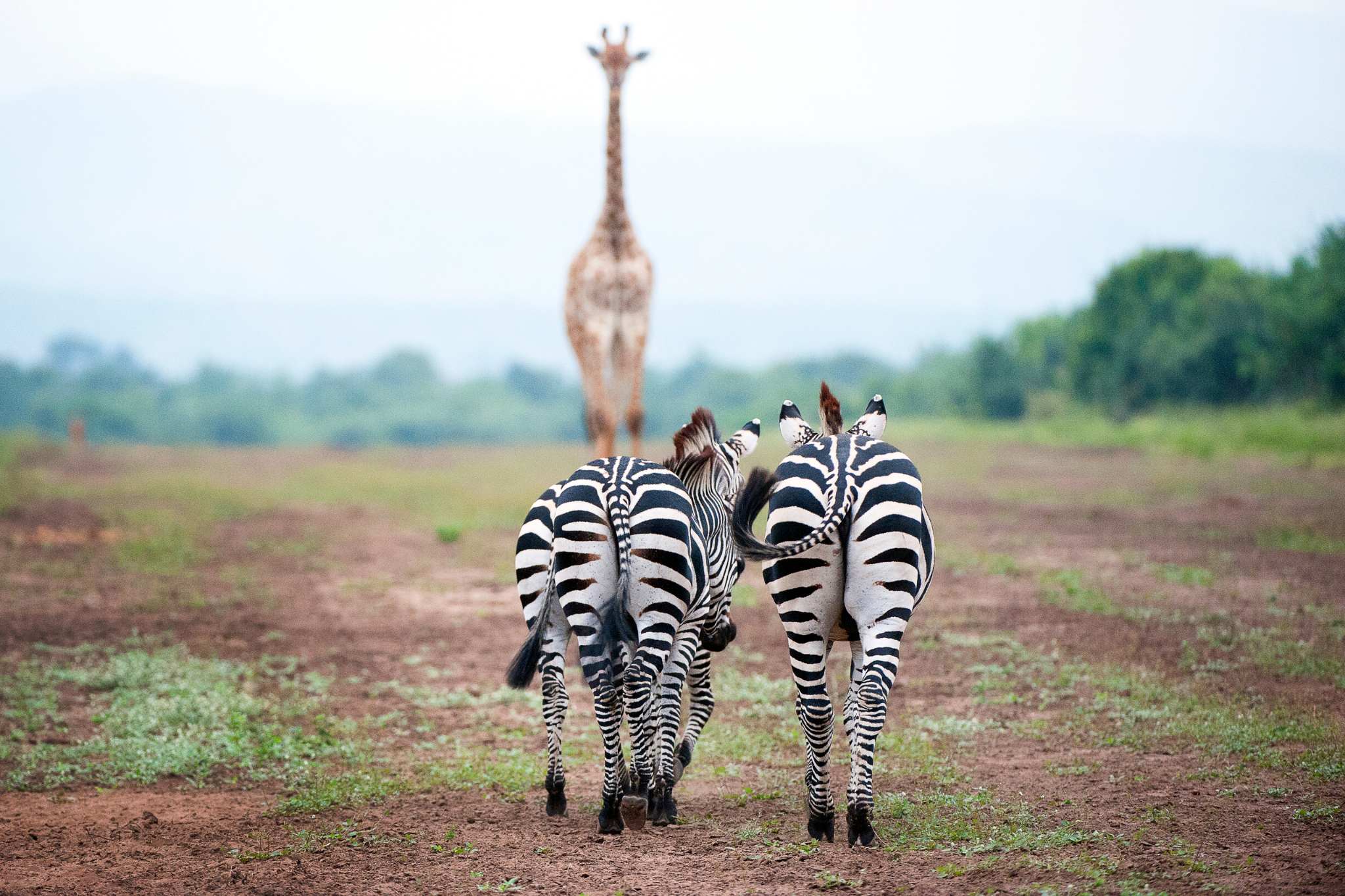
Majete Wildlife Reserve
Here is a remarkable example of restoration and hope. Through dedicated conservation efforts, Majete has been transformed into a thriving home for the Big Five and a wide variety of other wildlife. Vast mopane woodlands stretch across the reserve, where herds of buffalo roam and antelope move quietly through the trees. With fewer visitors, Majete offers a sense of solitude and intimate encounters with nature.
Malawi experiences
Essential trip information
-
Accommodation
-
Accommodations in Malawi range from lakeside lodges and safari camps to boutique hotels and city hotels, spanning from reliable tourist standards to high-end properties. Occasionally, circumstances beyond Bench Africa’s control may require a change to the confirmed accommodation. In such cases, every effort will be made to provide advance notice, although up-to-date details about the substitute property may not always be available. For information about the specific lodges, hotels, or camps included in your itinerary, please consult your travel documents or speak to one of our Africa experts.
Safari Lodges
Malawi’s safari lodges, often located near national parks or wildlife reserves, provide comfortable accommodation with a focus on the surrounding nature. Lodges may include amenities such as swimming pools, restaurants, and communal areas, blending with the environment using natural, locally sourced materials. They offer a base for game drives, birdwatching, and other wildlife activities.Fully Serviced Camping
For travellers seeking a closer-to-nature experience, fully serviced camping is available in some parks and reserves. Camps are set up prior to arrival, with tents equipped with beds and basic facilities. Staff handle cooking and daily tasks, allowing guests to enjoy the outdoors while maintaining a level of comfort.Hotels
Hotels in Malawi, found in cities and lakeside towns, vary in size and style. They typically offer standard amenities such as a reception area, restaurant, and private rooms, providing dependable accommodation for travellers exploring the country.Boutique Hotels
Boutique hotels combine the facilities of a standard hotel with a more intimate and distinctive atmosphere. These smaller properties focus on style and personalised service, particularly in popular tourist areas like Lake Malawi or the capital, Lilongwe. -
Clothing
-
General Information
In most of Africa, formal attire is typically unnecessary; therefore, we recommend limiting your luggage to the basics. However, more formal attire may be necessary in prestigious city hotels or during luxury rail journeys, such as Rovos Rail or the Blue Train in South Africa.
On a wildlife safari, casual cotton clothing is the most practical. Opting for calm, neutral colours like tan or khaki is advisable, although a specific bush outfit is not essential. It is recommended to wear some form of sun-protective headgear, and sunglasses are essential.
To cope with colder evenings and early mornings, it’s advisable to bring a warm fleece or jacket. Additionally, a lightweight raincoat may prove useful, considering the possibility of seasonal rains. While heavy footwear is unnecessary, it’s advisable to wear sturdy, comfortable walking shoes or boots for nature walks. It’s also recommended to bring a change of shoes, like trainers, for the camp setting.
The dress code is informal at all camps but bring long-sleeved shirts and trousers for the evenings to minimise exposure to insect bites.
Many hotels, game lodges, and camps provide laundry facilities, often as a complimentary service, especially when luggage space is limited. However, if you have a busy itinerary, it is advisable to check in advance that your clothes will be ready before your departure.
Packing List
Essentials:
- Soft-sided bag for easy storage in safari vehicles and light aircraft
- Hat for sun protection
- Reusable water bottle
- Good quality, preferably polarized sunglasses
- Binoculars
- Torch
- Camera, charger, and adaptor
- Travel adaptor for charging devices
- Spare glasses (if you wear contact lenses)
- Comfortable walking shoes, trainers, and sandals
- Shorts/skirts
- Long trousers/slacks
- T-shirts/long-sleeved cotton shirts for cooler evenings
- Sweater/fleece/raincoat for early morning and late afternoon game activities
- Warm jacket, beanie, gloves, and scarf for winter months
- Swimming costume
Health and Safety:
- Basic medical kit (aspirins, Elastoplast, Imodium, antiseptic cream, etc.)
- Malaria tablets and antihistamine cream
- Insect repellent containing DEET (though many lodges provide sprays)
- Protective suntan lotion, especially for pale and sensitive skin
- Tissues or ‘wet wipes’
- Lip balm
-
Communication
-
Malawi has a generally reliable telephone and mobile network in towns, tourist areas, and near major lodges or safari camps. International calling facilities are available in hotels, lodges, and larger towns. Visitors with roaming-enabled mobile phones can use local cellular networks, or purchase a local SIM card on arrival for more affordable rates.
Coverage can be limited in remote wildlife areas, national parks, and some rural regions. Wi-Fi is usually available at hotels and lodges, though speeds may be slower than in urban centres. Overall, communication is dependable in most areas frequented by travellers.
-
Country Overview
-
Malawi, often called the “Warm Heart of Africa,” is known for its friendly people, scenic landscapes, and rich cultural heritage. The country is dominated by Lake Malawi, one of Africa’s largest lakes, offering crystal-clear waters, sandy beaches, and vibrant freshwater biodiversity. Wildlife enthusiasts can explore national parks such as Liwonde, Majete, and Nyika, which are home to elephants, hippos, antelopes, and a wide variety of bird species.
Malawi’s diverse communities maintain traditional customs, music, and crafts, providing travellers with an authentic insight into local culture. The country’s towns, including Lilongwe and Blantyre, offer markets, cultural sites, and opportunities to engage with everyday Malawian life, while the scenic countryside is dotted with rolling hills, tea estates, and picturesque villages.
Whether exploring the lakeshore, going on a safari, or visiting local communities, Malawi combines natural beauty, wildlife, and culture in a uniquely welcoming setting.
-
Electricity
-
Voltage & Frequency
The standard voltage in Malawi is 230 V, with a frequency of 50 Hz.
Top Tips
Most lodges and camps have a reliable electricity supply, though some remote safari camps may use generators and have power only at certain times of the day. Batteries can usually be recharged during the day, but it is recommended to confirm with the lodge or camp staff.
Socket Types in Malawi
Type G (Irish/British 3-pin)
-
Families
-
Considerations when Travelling with Children
Malawi can be a wonderful destination for families, though malaria is present in many areas, including safari parks and lowlands. Children should take appropriate malaria precautions, such as prophylaxis, mosquito nets, and insect repellent.
Accommodation
Many lodges and hotels welcome children, with infants often staying free and children under 12 typically charged at reduced rates. Some lodges offer family-friendly activities, while others may have minimum age restrictions for safaris or game drives, so it is important to check in advance. Our Africa experts can tailor an itinerary that works for your family’s needs.
Why Choose Malawi for your Family Holiday?
Malawi combines wildlife, lakeside relaxation, and cultural experiences. Lake Malawi’s sandy beaches and calm waters are ideal for children, while national parks such as Liwonde, Majete, and Nyika offer safe and enjoyable safari experiences for older children. Cultural visits to local communities provide insight into Malawian life, and parents can enjoy the scenery and wildlife alongside their children.
Our consultants can design a holiday that balances adventure, relaxation, and educational experiences, ensuring a rewarding family trip in Malawi.
-
Food & Drink
-
General Advice
Most lodges and safari camps in Malawi have restaurants and licensed bars. Meals can range from simple, hearty dishes to more refined dining at higher-end lodges, and the standard of food is generally good.
Bottled water is widely available in tourist centres, lodges, and camps. Tap water is generally not safe to drink, so it is best to stick to bottled or boiled water and check locally if in doubt. Travellers should aim to drink 2–3 litres of water per day, especially during warmer months, to prevent dehydration.
Wine is mostly imported and can be expensive, while local beers, spirits, soft drinks such as Pepsi and Coca-Cola, and bottled water are reasonably priced and readily available.
Local Cuisine
Malawian cuisine features nsima, a maize-based porridge served with vegetables, beans, or fish. Fresh fish from Lake Malawi is often grilled or stewed, while chicken and beef dishes are prepared with local spices. Street food and snacks, including roasted maize and fried dough, can be found in towns and markets, offering a taste of local flavours.
-
Health
-
Health requirements can vary, so it is important to consult your GP or a travel health specialist for the most up-to-date advice. The information below is a general guide only.
Malaria:
Malaria is present in many parts of Malawi, including national parks, safari areas, and lowlands. Travellers are strongly advised to take precautions, including prophylactic medication, using insect repellent, wearing long sleeves in the evenings, and sleeping under mosquito nets where provided.
Yellow Fever:
A Yellow Fever vaccination is required for travellers arriving from countries with a risk of Yellow Fever transmission. All travellers must carry proof that the vaccine was administered at least 10 days prior to travel.
Other Health Tips:
- Ensure routine vaccinations (tetanus, polio, measles, etc.) are up to date.
- Drink bottled or boiled water and avoid untreated tap water.
- Take care with food hygiene, particularly when eating street food.
-
Insurance
-
Insurance is a mandatory requirement for your travels, and we strongly advise you to secure Comprehensive Travel Insurance at the time of booking your trip.
Make sure you have a thorough understanding of the Terms and Conditions outlined in your policy and that you are well informed about your insurance coverage to ensure that you are adequately prepared for any unforeseen circumstances during your travels.
-
Internal Flights
-
Flights and Luggage Guidelines
It is recommended to ask your lodge or hotel to reconfirm all onward flights before departure, as schedules can change, particularly with domestic and charter flights. Most departure taxes are included in your ticket, but some smaller regional airstrips may require local payment.
Charter flights in Malawi have strict luggage limits, usually between 15kg and 20kg per passenger, including hand luggage and camera equipment. Soft-sided bags are essential, as hard suitcases often cannot fit into small aircraft or safari vehicle storage areas. Some light aircraft may also have personal weight restrictions for safety, so it is best to confirm these limits when booking.
-
Local Laws & Customs
-
Visitors to Malawi should be aware of local laws to ensure a safe and respectful trip. The country has strict rules regarding environmental protection, including a ban on thin plastic bags and restrictions on single-use plastics in national parks, wildlife reserves, and other conservation areas. Travellers are encouraged to use reusable bags and bottles to comply with these regulations.
It is also important to respect local customs and public behaviour. Avoid public displays of wealth, such as wearing expensive jewellery or flashing large amounts of cash, and lock valuables in hotel safes when possible. Traffic regulations should be followed at all times, and alcohol consumption is restricted to licensed premises.
Failure to adhere to local laws can result in fines or other legal consequences, so it is advisable to familiarise yourself with the rules before travelling.
-
Money Matters
-
Currency
The unit of currency in Malawi is the Malawian Kwacha (MK), which is made up of 100 tambala (cents).
General Information
Full banking services are available in major towns across Malawi, though some transactions may incur a commission. US Dollars are widely accepted in tourist areas and on safari, but it is recommended to carry post-2006 notes to avoid potential issues. Carrying small-denomination cash is also useful for convenience.
Credit cards are not accepted everywhere, particularly in remote lodges and camps, so it is not advisable to rely solely on them as a primary source of funds. Inform your bank before using your credit card overseas, and using a PIN is generally more secure than a signature. Visa is the most widely accepted credit card, with larger establishments also accepting MasterCard and American Express. Diners Club is rarely accepted.
-
Photography
-
Photographing airports, government buildings, and certain sensitive areas is prohibited in Malawi. Some local people may object to having their photograph taken without permission, though a small tip may sometimes be accepted. Always check with your guide before taking photos in local communities.
Film and memory cards are generally available, but stocks can be limited and expensive, so it is recommended to carry adequate supplies with you. For wildlife and nature photography, telephoto lenses, lens hoods, and ultraviolet filters are useful, and a dust cover is recommended. Batteries can usually be recharged at lodges and hotels, but bringing spares is advisable.
For tips on capturing Malawi’s landscapes and wildlife, see our 7 Handy Tips for Taking Mesmerising Photographs.
-
Recommended Reading
-
- The Boy Who Harnessed the Wind by William Kamkwamba
- Mission to Malawi by John E. Fleming
- Jungle Lovers by Paul Theroux
- Of Chameleons and Gods by Jack Mapanje
- The Jive Talker by Samson Kambalu
-
Responsible Giving
-
As you prepare for your journey to Malawi, you can make a meaningful contribution to local communities by including essential items in your luggage that can improve lives.
Consider the Pack for a Purpose initiative, which connects travellers with the specific needs of local projects. Visit their website to see requested items and guidelines for responsible giving.
Many lodges and camps in Malawi also support community projects. Check their websites before your trip to see if they have particular needs for supplies that you can bring and donate upon arrival. Even a small gesture can make a big difference for the communities you visit.
-
Road Travel
-
Road Conditions
Malawi is a developing country, and road conditions can vary significantly. While main highways between major towns are generally in good condition, rural areas and roads within national parks may be rough, unpaved, or affected by seasonal rains. Travel times can be longer than expected; for example, a 200-kilometre journey from Lilongwe to Liwonde National Park can take 4–5 hours. Be prepared for some long or bumpy days, but the scenery, local villages, and wildlife along the way make the journeys rewarding.
Road Safety
Bench Africa has extensive experience in planning safaris with safety in mind. We recommend travelling with reputable ground operators who follow strict speed and road safety guidelines. Booking through Bench Africa ensures you are in capable hands throughout your journey.
-
Safety & Security
-
General Safety
- Doors should be locked when driving after dark.
- Don’t walk alone at night in city streets, isolated beaches or remote areas.
- Travellers should not display unnecessary signs of wealth (e.g. mobile phones, money, and expensive jewellery) on the streets.
- Leave all your valuables including passports locked in the room safe where available.
Safety on Safari
When staying at safari camps and lodges, they will often give you a safety briefing and
there are several key points to keep in mind regarding wildlife respect and safety:- Wild animals in Africa are not like those found in theme parks; they are not tame.
- Camps are often unfenced, allowing wild animals to roam freely. While attacks are extremely rare, it is crucial to strictly follow camp guidelines to ensure your safety.
- Pay close attention to the camp staff and guides.
- Avoid wandering off on your own without a guide, even within the camp. Once you retire to your room at night, it is important that you do not leave.
- Observe animals silently, minimising disturbance to their natural activities. Loud talking on game drives can frighten the animals away.
- Never attempt to attract an animal’s attention. Avoid imitating animal sounds, clapping your hands, pounding the vehicle, or throwing objects.
- Respect your driver/guide’s judgement regarding proximity to lions, cheetahs, and leopards. Avoid insisting on getting the vehicle closer for a better photograph, as it can disrupt a hunt or cause animals to abandon a hard-earned meal.
- Dispose of litter properly, as litter on the ground can harm or poison animals and birds.
- Never attempt to feed or approach any wild animal on foot, particularly near lodges or in campsites where animals may have become accustomed to human visitors.
- Refrain from smoking on game drives, as the dry African bush is highly flammable, and a flash fire can pose a threat to animals and their habitat.
-
Shopping
-
Malawi has a rich variety of handicrafts and souvenirs. Look for vibrant fabrics, sisal bags, wood and stone carvings, handcrafted jewellery, woven goods, and intricately made basketry. Bargaining is common at markets and roadside stalls but is generally not expected in shops. Prices for tourists may initially be high, so polite negotiation is often necessary to reach a fair value.
Cash in Malawian Kwacha is widely accepted, and US Dollars are also commonly used, though credit cards are generally limited to larger establishments.
Bench Africa supports anti-poaching and conservation initiatives. We encourage travellers to avoid purchasing items made from illegal wildlife products, such as ivory, rhino horn, animal hides, or other prohibited materials. Malawi’s laws and conservation efforts protect wildlife, and ethical shopping helps reinforce these protections.
-
Tipping
-
Tipping is customary in Malawi but is always discretionary and a way of showing appreciation for good service. To help with budgeting, the following guidelines are suggested in US Dollars:
Driver (per person per full day): $5.00
Guide (per person per full day): $5.00
Camp Staff (per person per day): $5.00
Safari Guide/Driver (per person per full day): $10.00
Local Transfers/Bus (per person per activity): $3.00
Hotel Porters (per bag): $1.00
Restaurant (per person per meal): $1.00
A la carte dining (percentage of bill): 10%These amounts are intended as guidance only and can be adjusted based on the level of service and your discretion.
-
Useful Numbers
-
Australian Consulate – Lilongwe, Malawi
Email: Australian.Consulate.Malawi@gmail.com
Phone: +265 (0) 999960120Australian Embassy – Harare, Zimbabwe
Provides consular and passport services to Australians in Malawi. Contact the embassy for dates of the next consular visit to Malawi.
Address: 1 Green Close, Borrowdale, Harare, Zimbabwe
Phone: +263 24 853 235 55 -
Visa Information
-
Bench Africa does not provide advice on individual visas as regulations are subject to change and can vary depending on nationality. For the most up-to-date information, consult the Australian Government’s Smart Traveller website.
Visa requirements differ between countries, so it is essential to:
- Determine whether a visa is required for your nationality.
- Check if the visa can be obtained in advance or on arrival (cash payment may be required on arrival).
- Ensure your passport is valid for at least six months beyond your intended stay and contains at least two blank pages.
- Carry onward travel documents and sufficient funds for your stay.
- Bring photocopies of all important documents for safety.
Health Requirement:
- Yellow Fever: A Yellow Fever vaccination is required if arriving from a country with Yellow Fever risk. Proof of vaccination must be carried and administered at least 10 days before travel.
Always verify entry requirements on the Smart Traveller website before travelling, as regulations can change at any time.
-
When to Travel
-
Climate
Malawi has a subtropical climate, tempered by its altitude and inland location. The country experiences warm, humid summers and mild, dry winters.
Rainy Season / Green Season: November to April
- November to March is the peak of the rainy season, bringing heavy but usually short-lived showers.
- The landscape is lush, rivers are full, and birdlife is abundant.
- Benefits: fewer tourists, vibrant scenery, and excellent value at lodges.
- Considerations: some dirt roads may become muddy, and wildlife can disperse from water sources, making sightings slightly less predictable.
Dry Season: May to October
- Cooler, dry weather dominates, with clear skies and mild temperatures.
- Wildlife gathers around lakes and rivers, making animal spotting easier.
- Benefits: ideal for safaris, hiking, and lake-based activities such as boating and fishing.
- Considerations: this is Malawi’s peak tourist season, so prices can be higher and popular lodges may be busier.
Best Times for Specific Activities
- Lake Malawi & Water Activities: October to April, when temperatures are warmer and waters are calmest.
- Wildlife Safaris & Birdwatching: May to October, when animals congregate at water sources and migratory birds are present.
- Budget Travel: Late April or May, and September to early October, for lower rates with good weather conditions.
Bench Africa on Instagram
